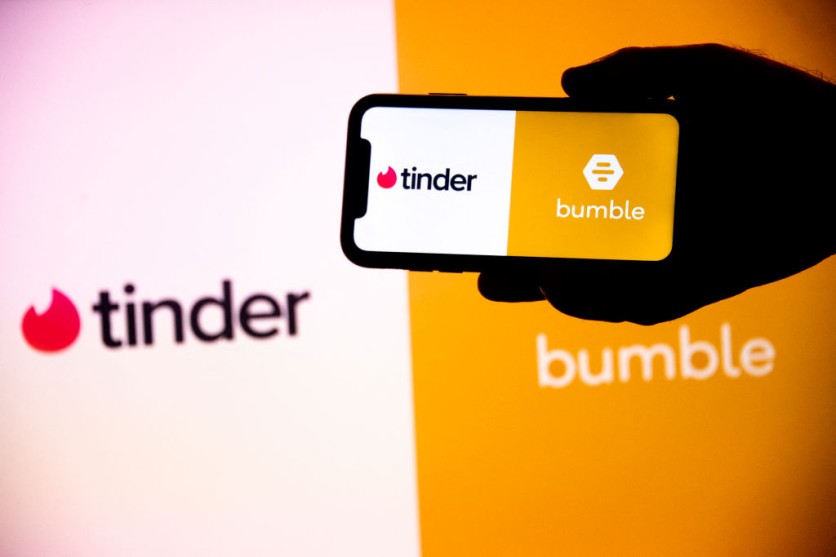Bumble has introduced a new feature that addresses concerns over AI-generated profiles on its platform.
Bumble Allows Users to Report AI-Generated Profiles
According to TechCrunch, this new reporting option allows users of the dating app to report profiles suspected of using AI-generated photos or videos alongside other categories such as inappropriate content, underage users, scams, and identity theft.
The initiative comes at a time when the prevalence of AI-generated images on dating apps has become widespread, often exploited for deceptive purposes. Users can now easily report suspicious profiles that may be utilizing AI-generated visuals to mislead others, a practice commonly known as catfishing.
Risa Stein, Bumble's Vice President of Product, emphasized the importance of maintaining a safe and trustworthy dating environment. She highlighted that introducing this reporting option reflects Bumble's ongoing commitment to enhancing user safety and preventing deceptive practices facilitated by AI.

Deception Detector of Bumble
This move follows Bumble's recent deployment of the "Deception Detector," an AI tool designed to identify and remove fake profiles, spammers, and scammers from its platform.
Since its launch earlier this year, Bumble claims a significant decrease in member reports related to spam, scams, and fake profiles. Alongside the Deception Detector, Bumble has also implemented an AI-powered "Private Detector" tool that automatically blurs nude photos shared on the platform, further enhancing user safety and privacy.
As Bumble addresses the challenge of AI-generated profiles, its founder, Whitney Wolfe Herd, has proposed ideas for the role of technology in online dating. Herd envisions AI "dating concierges" or assistants capable of autonomously organizing dates to enhance matchmaking results.
Bumble's Celibacy Ad Faces Criticism
In a separate development, the dating app recently faced criticism over an advertising campaign centered around celibacy. The campaign, which featured billboards implying celibacy as an inferior alternative to dating, sparked controversy and backlash across social media platforms.
Critics online rebuked the advertising campaign, arguing that it went against Bumble's 2014 principles of creating an inclusive dating environment for women. Users voiced concerns that the campaign overlooked individuals who choose celibacy, including Bumble's asexual community and those abstaining from intimacy due to previous trauma.
Furthermore, critics pointed out racial inequalities in the advertisements, especially those featuring Black women, highlighting potential discriminatory language used.
In response to mounting criticism, Bumble promptly removed the contentious billboards and redirected the advertising space to support organizations dedicated to women's causes. This decision followed accusations that the campaign contradicted Bumble's founding principles of inclusivity and respect within the dating sphere.
Related Article : Bumble Introduces Guidelines to Curb Ghosting, No-Show Behavior in Real-Life Meetups

ⓒ 2025 TECHTIMES.com All rights reserved. Do not reproduce without permission.




